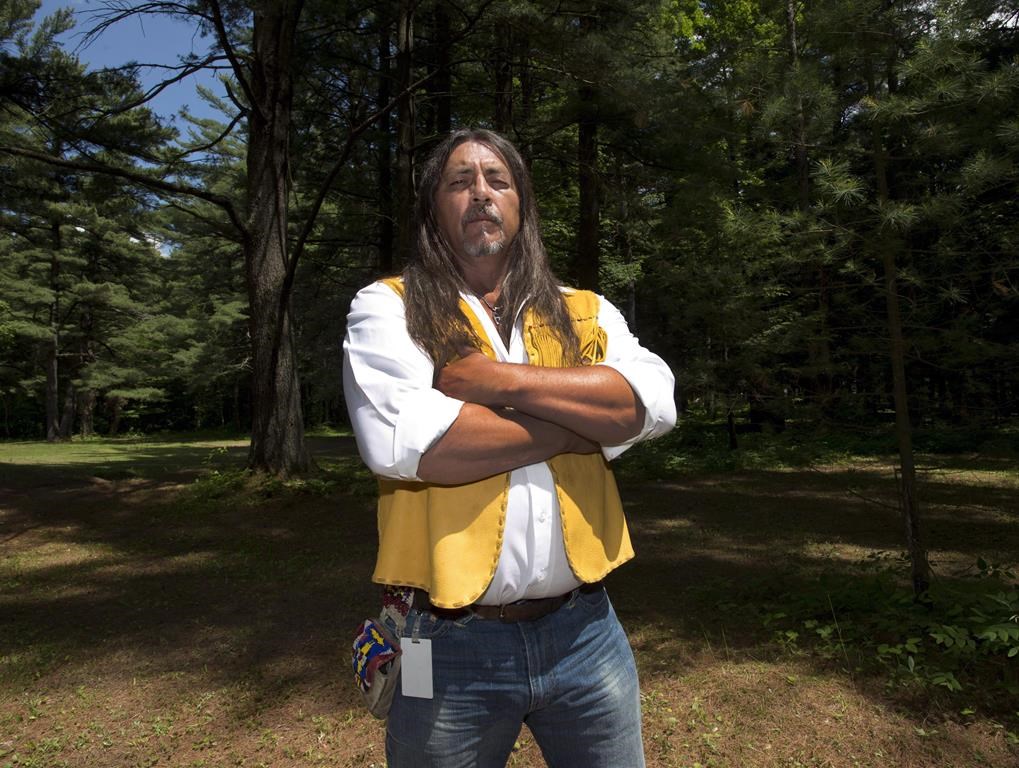In an open letter published on Monday, Kanesatake Grand Chief Serge Simon said recent tensions over a land dispute and a highly publicized war of words with the mayor of the nearby Quebec town of Oka would not lead to a repeat of the 78-day confrontation that shook the region in 1990.

“We are not for war,” the letter reads. “We strive for peace and harmonious cohabitation.”
Simon and his band council met with federal and provincial governments on Friday in an attempt to defuse tensions over a land dispute between Kanesatake and neighbouring Oka, located northwest of Montreal.
READ MORE: ‘The bridges are cut’ — Kanesatake Mohawk chief calls off talks with Oka mayor in land dispute
Simon said Friday he’s decided to cut off all talks with Oka Mayor Pascal Quevillon after the mayor refused to apologize for comments he made about the First Nations territory.
Since then, some have interpreted the renewed tensions as “being an early sign of a new conflict such as the one we lived in 1990,” according to Simon’s letter.
That is not the case, Simon wrote.
“As far as I’m concerned, there is no ‘Oka Crisis 2.0’ coming our way.”
However, Simon says that still does not excuse what he calls the neglect of the federal and provincial governments in settling questions surrounding land rights, nor Quevillon’s comments, which some have perceived as inflammatory.
READ MORE: Oka mayor’s comments on Kanesatake lacked respect, says Justin Trudeau
Emotions have run high since news broke of local developer Gregoire Gollin’s intention to donate the 60 hectares known as The Pines to the Kanesatake Mohawk Council.
Quevillon has previously raised concerns that the land donation would lead to his community being encircled by Kanesatake and voiced fears of illegal dumping and an expansion of cannabis and cigarette merchants.
WATCH: Tension brews in Oka after developer says disputed land to be returned to Kanesatake

“The lack of knowledge and ignorance do not justify inaction and racist comments,” Simon said in the letter.
He added that a major part of the current problem is the misconceptions surrounding his communities’ reality, history and rights.
Simon called on Quevillon to stop using what he called colonialist language and to instead turn to the future and understand that the interest of his community is in social peace rather than confrontation.
—With files from Global News’ Shakti Langlois-Ortega


Comments